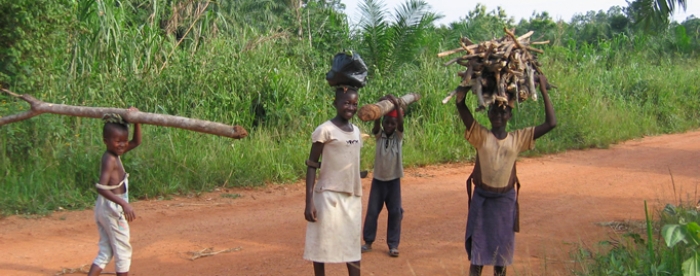Greater attention for law enforcement resulting from new forest governance initiatives may make livelihoods of people living in or near protected areas in the tropicsmore vulnerable due to restricted access and competing claims. This paper aims to provide a deeper insight into the livelihoods of inhabitants of the Tano Offin Globally Significant Biodiversity Area (GSBA) in Ghana's high forest zone and howthese are becoming under greater pressure. It assesses the governance implications of the implementation of the Voluntary Partnership Agreement (VPA) under the Forest Law Enforcement Governance and Trade (FLEGT) ActionPlanof the EuropeanUnion and projects within the framework of Reducing Emissions from Deforestation and Degradation plus (REDD+),with a focus on the need for social safeguards. The study shows that the inhabitants of admitted villages in GSBAs already have few legal livelihood options due to restricted access to the forest, which results in competing claims among resource users and with forest managers. Stronger law enforcement resulting from the FLEGT/VPA to combat illegal logging and the Ghana Forestry Commission's consideration to include GSBAs in its REDD+ programme is likely to further restrict inhabitants' access to forest resources, with the result being increasing competition for scarce resources. Social safeguards therefore need serious consideration when implementing new forest governance regimes. The authors argue that the politics of protected areas need to reconsider the position of the inhabitants by creating space to build a livelihood, paying them for taking care of nature or relocating them beyond the protected area. This might involve hard choices. What eventually is needed is a change towards interactive governance and adaptive co-management.
News
Our stories ... ...
